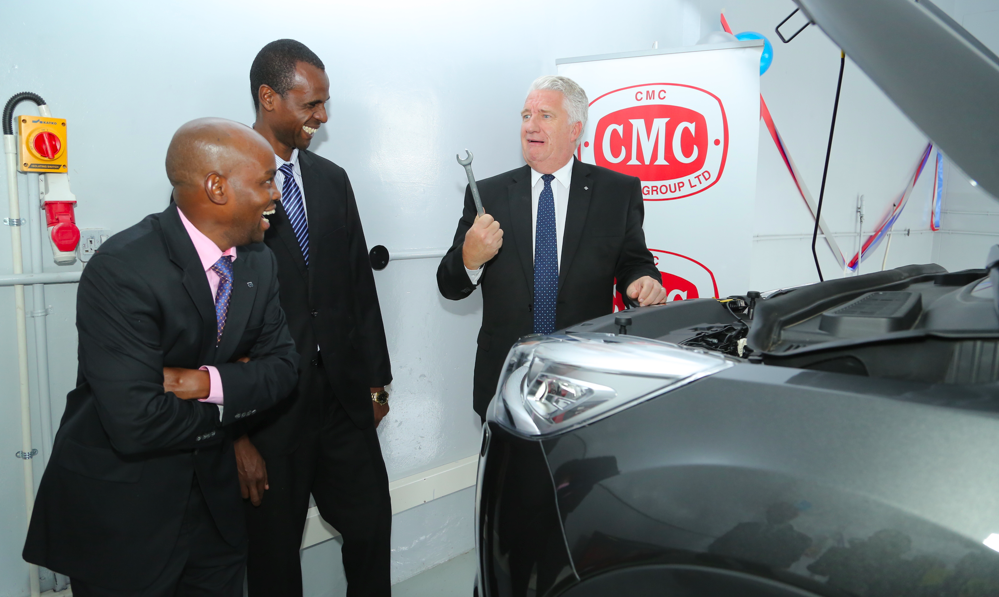Business activity in Kenya continued to improve in February as the level of output and new orders increased. However, the pace of growth slowed down to the weakest pace in eight months according to the findings in the Stanbic Bank Kenya Purchasing Managers Index (PMI).
The PMI reading dipped in February to 50.9 from 53.2 in January, indicating the weakest rate of improvement since July 2020.
The price of most items increased in February following the hike in Value Added Tax at the start of the year. Although output and new orders increased in the period under review, sales grew at a weak rate as limited cash flow restricted household spending. Orders from foreign clients grew at the slowest pace since June 2020.
Buyers reported an improvement in delivery times as a result of stiff competition among vendors. However, some clients complained of delays on imported goods due to supply chain challenges.
The rate of employment improved slightly in February in line with the rise in outstanding work. According to findings in the Stanbic Bank PMI report, some businesses slashed their workers’ pay in order to retain more workers, leading to the sharpest drop in average wage cost in seven moths.
“The pace of the post-pandemic recovery slowed down in February on account of a marginal increase in
demand. The improvement in demand was negatively impacted by subdued cash flows in some sectors of
the economy which resulted in limited household and client spending,” said Kuria Kamau, a Fixed Income & Currency Strategist at Stanbic Bank Kenya.
Business confidence for the year ahead dipped in February, “but remained above the level seen through
the second half of 2020,” as per the Stanbic Bank Kenya PMI report. The dip in confidence can be attributed to a steep increase in the price of fuel during the month and the revised tax rates introduced in January. Only a third of the businesses surveyed said they expect output to increase during the year.
Kenya Private Sector Activity Improves in December – PMI




